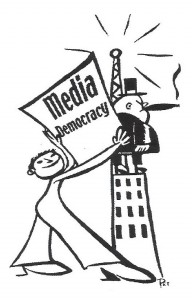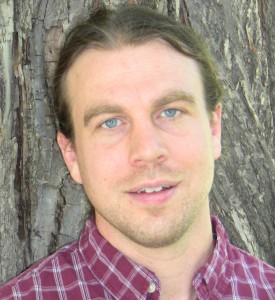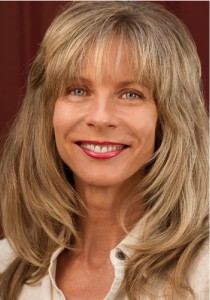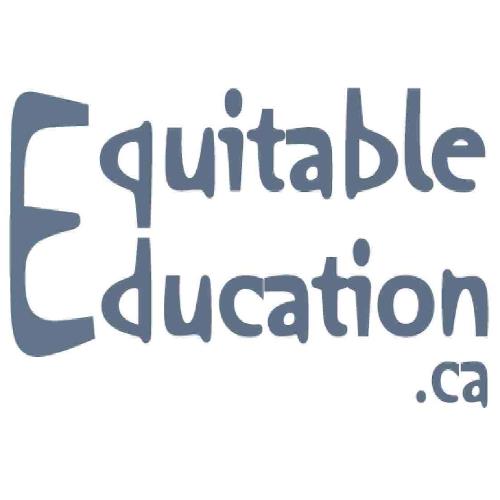
A six-week course about using media to create a better world.
Wednesdays 7-9pm, Sept 19 – Oct 4
at the Glebe Community Centre (175 Third Ave at Lyon)
— registration link
The following video is a short welcome message from me; please check it out or scroll down to read more…
Why take a course on Interdependent Media?
The power of media is inestimable.
Examining how we can use this power wisely, for positive change in our own lives and beyond, is important.
Media is such a prevalent factor in how we relate and communicate with each other and with society in general, that to take the time to look at the role it can play is an investment in both self-defense and empowerment.
This course will apply personally to how you use and perceive various media and messages; it is a chance to grow and discover more about yourself and how you fit within wider society — especially in any efforts to affect social change.
And it will be a great chance to connect with and get to know others who share interests and a desire to learn.
What can you expect?
The approach to education I use involves a lot of participation and different types of activities. While I feel I have a lot to share, I also feel that each participant also brings with them a wealth of experience, knowledge and insight, so I do my best to harness and facilitate the sharing and development of this collective wisdom.
What is expected of you?
On a weekly basis:
- 2 hrs — Attendance in class: Bring something to write with/on
- 1 hr — Online participation: checking links & resources; (optional) Facebook group
- 1 hr — Writing down your thoughts and ideas
Course outline
- Week 1: The Power of Media & Theory of Media
How (and why) media can move us. Inspirational, informational, educational, empathetical. Also — understanding how different media forms work and affect us.
- Week 2: Race and Gender in Media
Representations and portrayals of race and gender in different media. Causes and effects, and how they relate to wider societal forces. Critical ‘readings’ of media.
- Week 3: Mainstream Media / Corporate Media
How the ‘bourgeois press’ function, and what it means. Concentration of media owernship. Advertising culture. Colonization of the Internet. ‘Objective’ reporting.
- Week 4: Alternative Media
Different media outlets / sources. Finding diverse perspectives, views and under-reported news. Citizen journalism and social media. Alternative media models and organizing principles.
- Week 5: Media-Making
Approaches, understanding, responsibilities, purposes. Knowing your audience. Skills and tools. Examples and planning.
- Week 6: Wrap up / Branch out
Topics we want to explore further. Consolidating learning, personal applications. What next?
About me (the course facilitator)
 My name is Greg Macdougall.
My name is Greg Macdougall.
I have a B.Education from Queen’s University, and a B.Mathematics from UWaterloo.
I first got started in media making 12 years ago by writing in the student newspaper about the track and field team (which I was on).
I soon branched out to cover other topics of interest to me, primarily social justice issues, and got involved in different grassroots media projects and freelance writing / multi-media work.
I’ve been involved in community activism groups including IPSMO, Indigenous Peoples Solidarity Movement Ottawa, and Organizing For Justice.
My background in education includes teaching in various high schools and tutoring, as well as leading community workshops on a number of topics including media literacy and media activism.
Testimonial:

“I have known and worked with Greg Macdougall for 4 years. I have also been fortunate to have been in educational workshops he has facilitated and can attest, first hand, to his commitment to an education process that espouses life-long learning, is empowering, and truly transformative. Greg creates an atmosphere of sharing based on respect and models this in his teaching. If you ever have a chance, don’t waste it. Sign up – have your ideas be heard as you listen to others.”
— Sylvia Smith, teacher at Elizabeth Wyn Wood,
coordinator of Project of Heart, Governor General’s Award for Excellence in Teaching Canadian History (2011)
Course cost:
This course is offered on a ‘Pay-What-You-Want’ basis.
A.K.A. I trust you. Come to the course, decide what it was worth to you and how much you can afford, and then pay me that.
For more information on PWYW, please click this link.
Does this all seem right for you?
If so, you can register at this link
Or if you have questions, please contact me.
Hope to see you in the course!
Want to read more? Here’s a recent blog post from me.
 Interdependent media & in-person learning opportunities for those who are inspired to be part of movements for social justice.
Interdependent media & in-person learning opportunities for those who are inspired to be part of movements for social justice.
Sylvia seems to be saying the course is PWYW. Can her testimonial be blockquote’d?